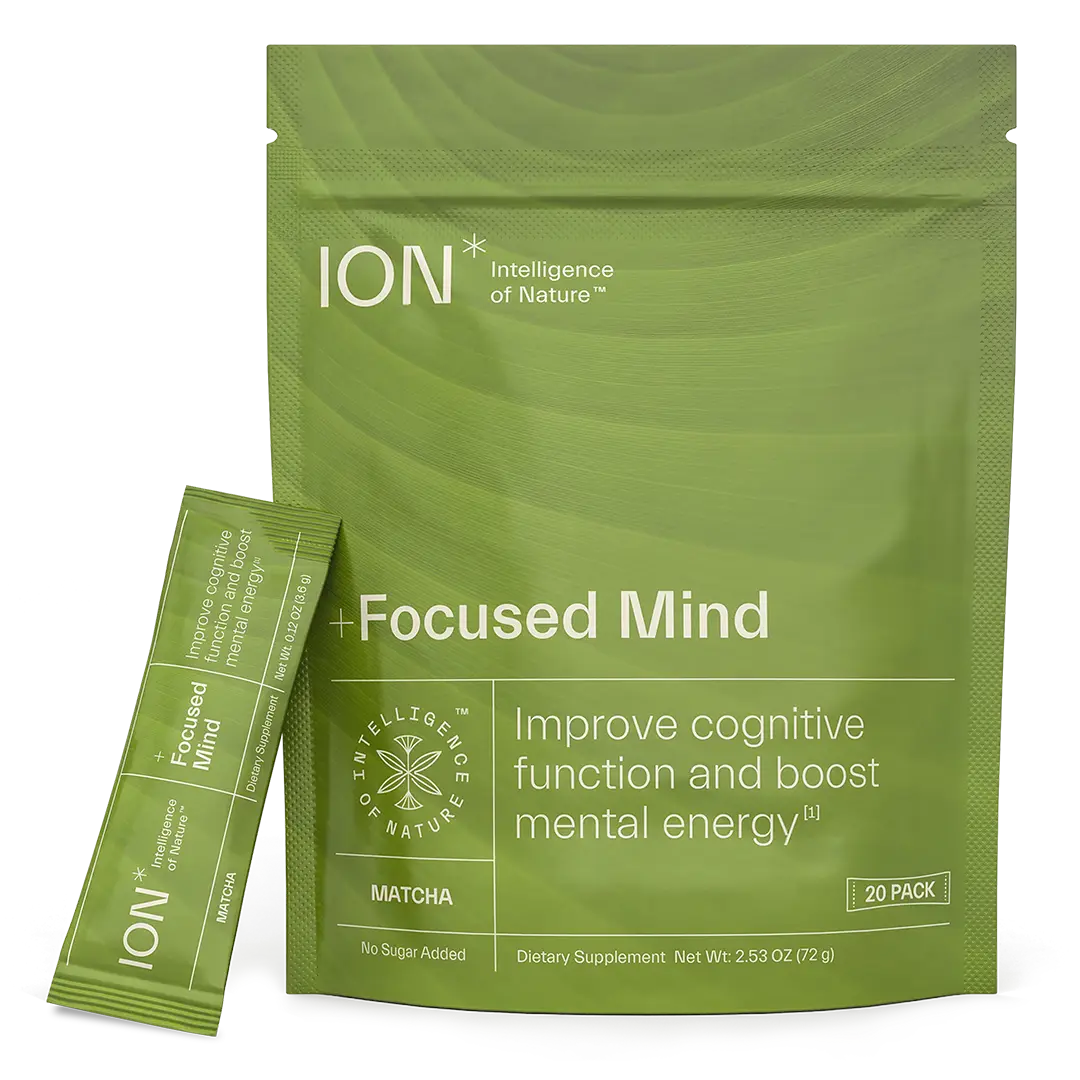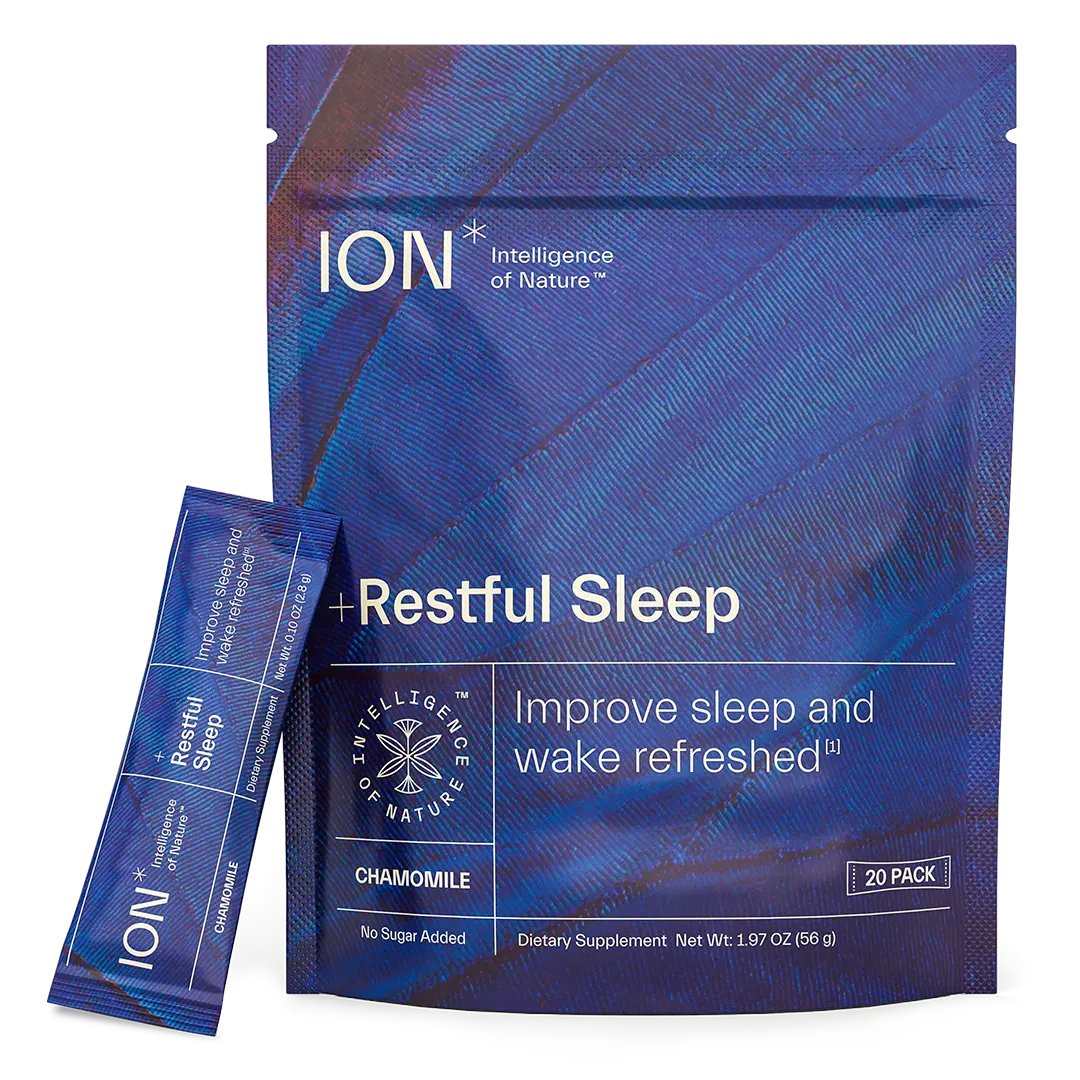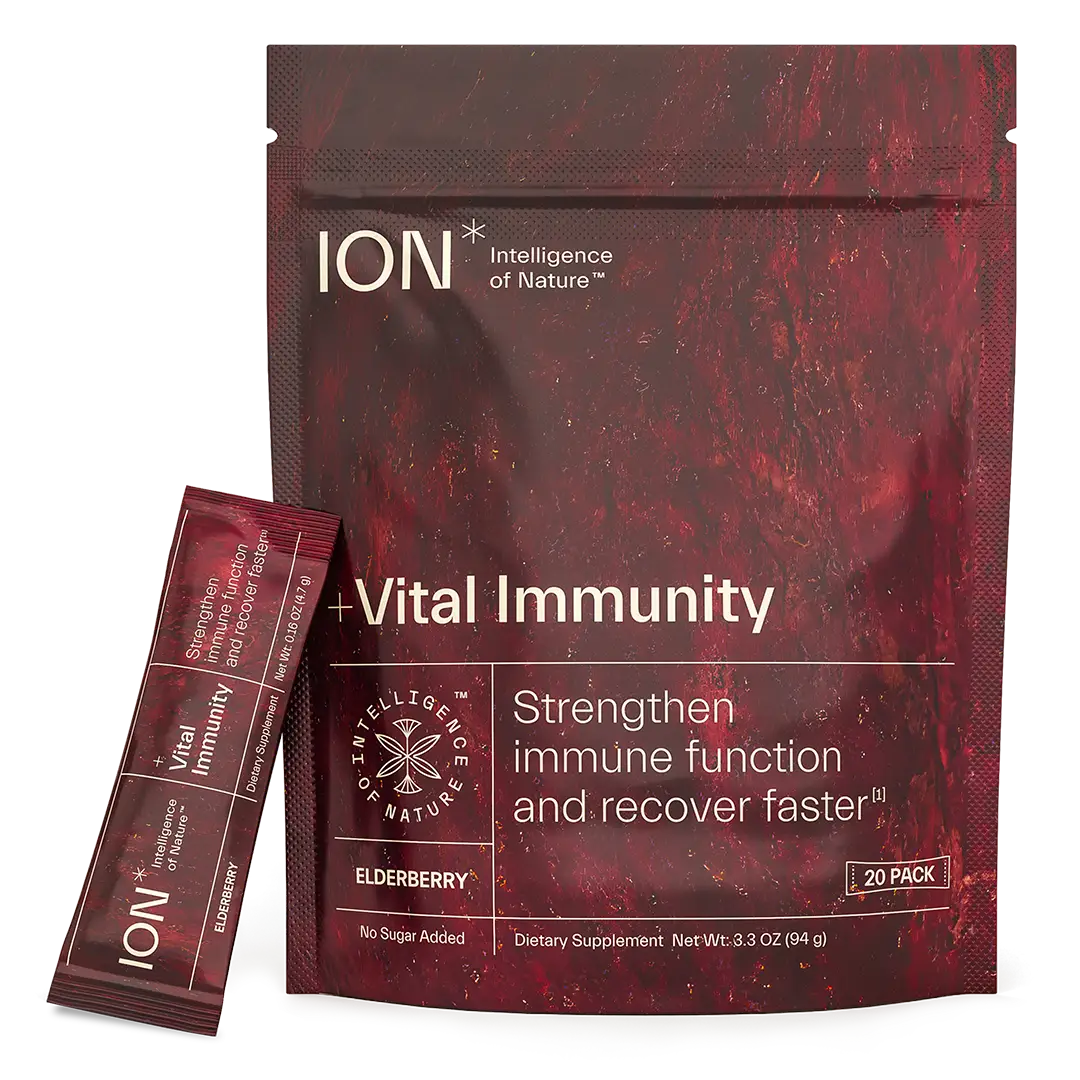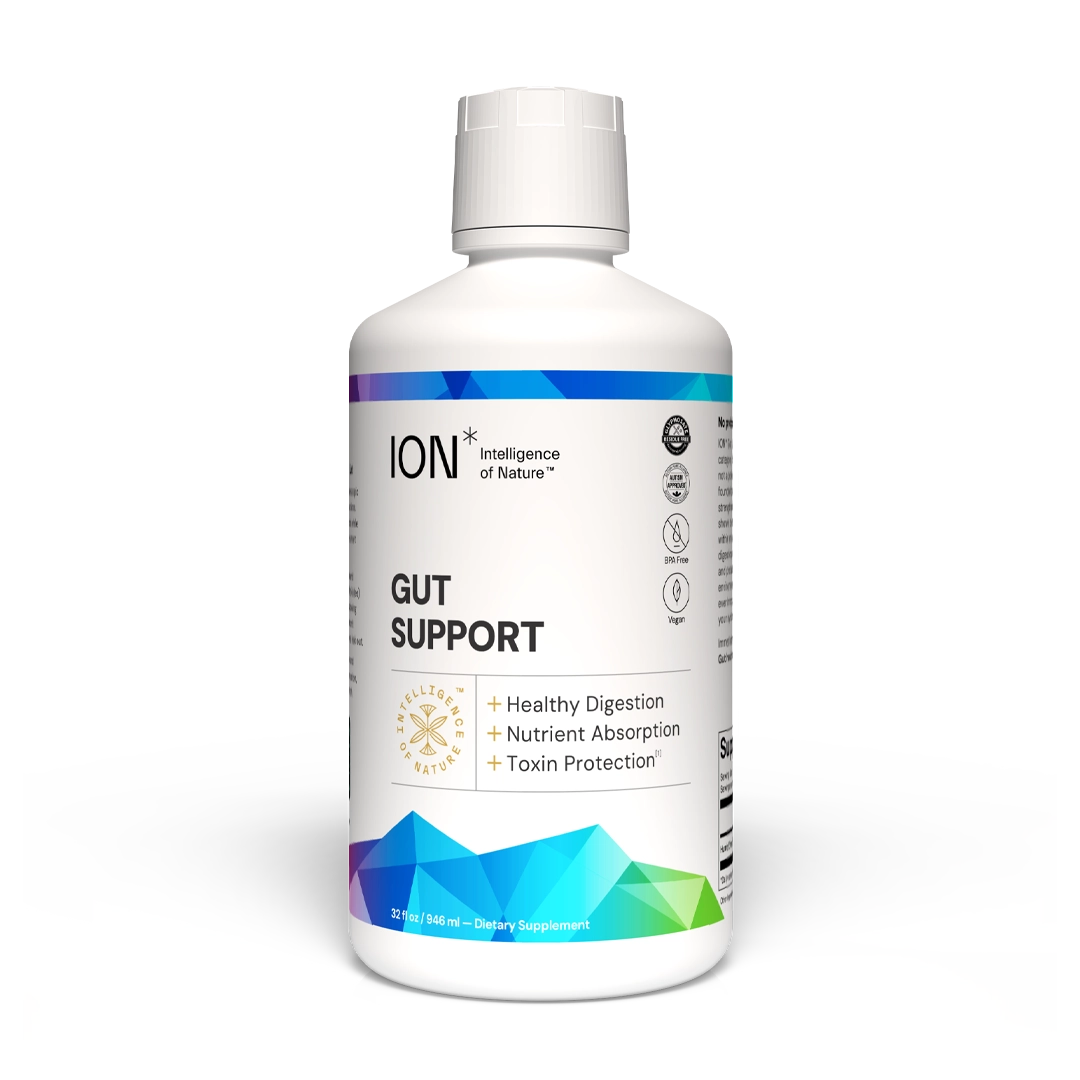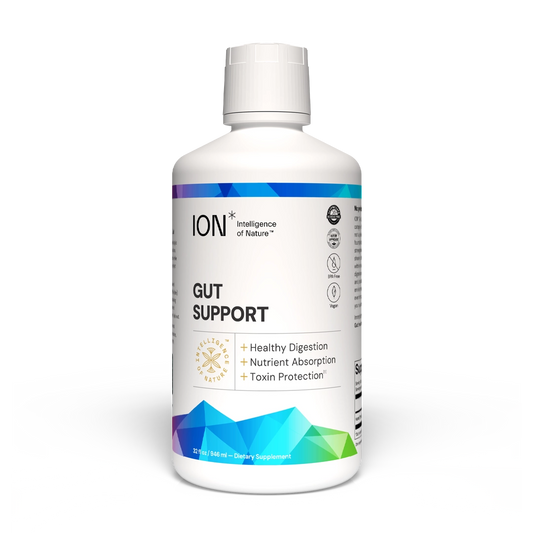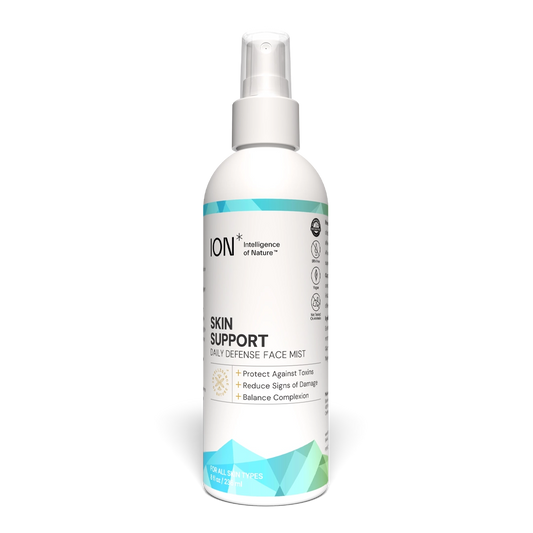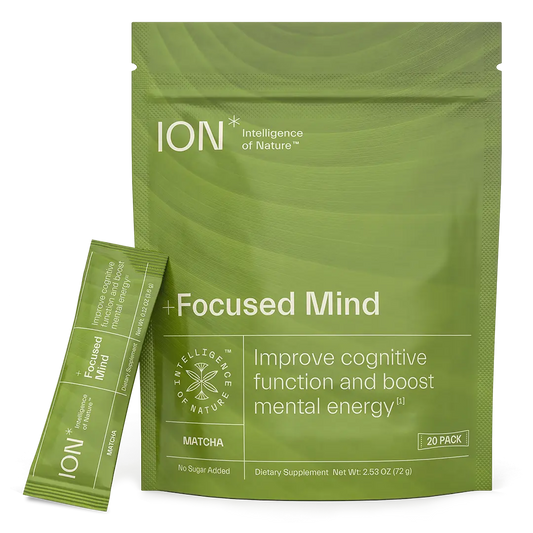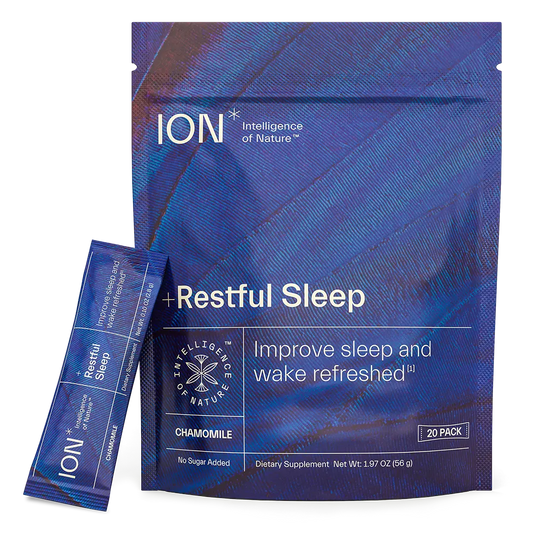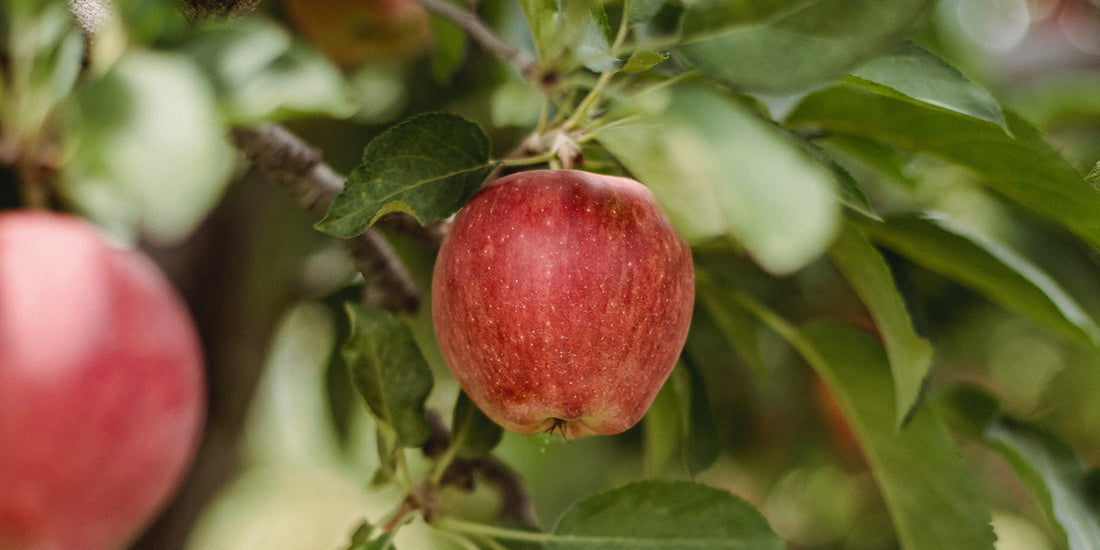
The best diet for gut health is not a “diet” at all, It’s eating more of the right kinds of foods.
When it comes to the word “diet”, oftentimes we automatically think of negative things: restrictions, saying “No” to our favorite foods, endlessly tracking calories, being hungry. But there’s a huge difference between “dieting” and your “diet.”
Today we’re talking about diet, not dieting. (AKA, “We all gotta eat.”)
To be clear, being mindful of what you eat important. But that means, you know, actually eating. If you’re interested in what you can do to help your health, diet-wise, there are so many foods that we should be eating more of, not less.
If you’re interested in eating for your overall health, it’s important to look for foods that are good for your gut health.
Your whole body’s health is intricately and importantly connected to your gut function. From housing your immune system and supporting immune function, to daily digestion and even the creation of important chemicals for mood and sleep (like serotonin), your gut is a massively important support system for the whole body organism that is you.
Eating the right foods to keep it happy and healthy will have a positive effect on the rest of your health.
Consider this. Are you eating for one? Not really.
You know the pregnancy colloquialism, “Eating for two?” That’s sort of true of everyone. Because inside of each of us is our own personal gut microbiome. And if the name “biome” didn’t clue you in, that’s a tiny ecosystem as unique as your fingerprint and as diverse as any rainforest. Your gut microbiome is a bustling place, filled with thousands and thousands of microscopic bacteria, viruses and fungi that work to keep our bodies functioning. And, no surprise, this bustling microbiome functions its best when it's fed the right foods. When you eat to support that, you’re actually eating for the countless helpful microbiota inside you.
So it tracks that when research tells us that, even though other factors like DNA and the environment do come into play somewhat, diet is the main decider in gut health.
And just as there are countless amazing microbiota in your gut, there are (almost!) just as many varieties of foods that are good for your health. (Okay, only slightly exaggerated but there really are a lot. Look at this list below.)
Foods to Eat for a Healthy Gut
Fruits and Vegetables
Fruits and vegetables are great foods for gut health. This shouldn’t be a surprise. From packing high-fiber to countless nutrients and antioxidants, getting in your fresh veggies, fruit and leafy greens is always a good idea for gut health.
FruitsFruits are known to have generally high fiber and a variety of nutrients and minerals, but there are a few standouts worth mentioning regarding gut health.
Mangos
A recent study found that incorporating a daily mango can improve gut health, reduce body weight and help control blood sugar. Not bad for one fruit! Mangoes also contain tons of nutrients and other beneficial bioactive compounds.
Raspberries
Packing 8 grams of fiber and half of your day’s recommended vitamin C, raspberries are the little berry that can! Their high-fiber helps with digestion while their antioxidants reduce inflammation in the digestive tract. Oh, and the high vitamin C is an important nutrient for synthesizing collagen.
Bananas
Full of fiber (including inulin, which helps good bacteria grow), chock-full of healthy minerals, super delicious and it comes in its own biodegradable wrapper–what can’t a banana do?
Apples
We’ve all heard “An apple a day keeps the doctor away.” But maybe two apples would be better? In a recent study, scientists found that participants who ate two apples a day for 2 weeks had healthier intestinal environments with increases in bifidobacteria, a good bacteria.
So grab an apple today, just don’t break out your peeler. The gut health benefits are thanks in large part to apple pectin, a complex carb and soluble fiber that’s found in apple peels. (Pectin is also in the plant cells of citrus and other fruits and in veggies like carrots, peas, potatoes, green beans and parsnips.)
VegetablesVegetables, just like fruit, are great foods for gut health. Vegetables on the whole are packed with nutrients, vitamins, minerals and fiber that helps your gut function at its best.
Dark leafy greens–with a special shout out to Swiss chard“Dark, leafy greens” is a phrase we all know and love (and eat, if we want to be healthy!) But a special shout out should be given to Swiss chard for its density in both fiber and nutrients. It’s also wildly easy to incorporate into almost any meal or to round out many fillings for stuffed veggies, pastas and sandwiches.
Following a low-FODMAP diet? Get your Swiss chard on, it doesn’t contain any problematic carbohydrates.
Onions
They may make your eyes water, but they’re worth it. Onions are high in prebiotics, which help promote the growth of good bacteria. (Probiotics = healthy bacteria found in foods and supplements that can be introduced to your gut. Prebiotics = the food for the healthy bacteria already in your gut.) And onions contain the fibers inulin and fructooligosaccharides, which are both beneficial in supporting gut health.
Garlic
Like onion, garlic is a wonderful prebiotic food. (Sorry for any vampires out there.) Garlic is even better when eaten raw. In addition to its prebiotic wonders and inulin fiber, garlic also has antibacterial and antifungal properties, which can help keep “bad” bacteria under control and help balance yeast in the gut.
Asparagus
Asparagus is also a great source of prebiotics, but perhaps just as importantly, asparagus may also help your body eliminate certain pesticides.
Brussels sprouts
In addition to fiber that fuels good bacteria, Brussels sprouts also contain sulfur compounds which help control and combat bad bacteria (like H pylori) in the gut.
Parsnips
The “sleeper” of healthy gut foods, this unique and often-underutilized root vegetable can almost seem too good to be true. They’re delicious, filling, and insanely full of fiber. No, really. One cup of sliced parsnips offers an impressive 6 grams.
Potatoes (cooked and cooled)
Yes, cooking and cooling is an important distinction. That’s because cooking and cooling potatoes creates a “resistant starch.” Like the name suggests, it is a type of fiber that ‘resists’ digestion” meaning it can reach your intestines and feed the good bacteria and microbes in your gut.
Ginger
While delicious in candied form, we’re talking about fresh ginger here. Fresh ginger helps in the production of beneficial stomach acid and can stimulate the digestive system to keep food moving through the gut without trouble.
High-Fiber Foods
We’ve heard time and time again that getting enough fiber is a good idea for health, but why, exactly, is fiber so important? Well, your body actually can’t break down fiber on its own. When fiber gets to your large intestine, your gut bacteria get to work breaking it down by fermenting it. This fermenting process does two things: creates acids that feed cells in your intestines and helps to protect your gut from harmful bacteria.
Foods famous for their high-fiber count are a great addition to your diet because they can help move food efficiently through your body to help prevent common digestive and stomach issues like constipation. But more than that, a diet rich in fiber has been shown to help prevent cardiovascular disease, diabetes and weight gain. A few high-fiber standouts include:
Pulses – Beans, Peas and Legumes
Pulses are the edible seeds of plants in the legume family and include dry beans, dry peas, chickpeas and lentils.
Want the benefits of beans but on a low-FODMAP diet? Say hello to canned lentils! The canning process for lentils specifically strips them of problematic carbohydrates.
Almonds
Almonds are another food that’s rich in fiber that can keep your gut happy and your stomach satisfied. Almonds also pack a protein punch, offer healthy fats and a wealth of other nutrients like vitamin E, magnesium and calcium too!
Fermented and Cultured Foods
Cultured and fermented foods are naturally rich in probiotics! And there’s a lot of foods and beverages that fall into this category. (There’s a reason this list is so long.)
Kombucha
Water is always number one for the healthiest of beverages but it’s okay to switch it up a bit. And that’s where our naturally-carbonated-via-fermentation friend, kombucha, comes in. All kombucha is made from tea and contains tons of healthy probiotic bacteria, but some varieties made from green tea even offer an added antioxidant benefit. (Just be aware they can contain caffeine and sugar!)
Yogurt
Both dairy and lactose-free varieties will do the trick. Dairy yogurt’s probiotic benefits and protein count have been getting traction for some time. Delicious and easy to fit into one’s diet, it makes sense that yogurt of all varieties have experienced such an explosion of interest. But beware, that also means there are tons of yogurt options out there that are packed with unnecessary sugar and other less desirable additives. Look for “Live and Active Cultures” in your yogurt and read nutrition labels carefully.
Don’t eat lactose? Dairy-free yogurts are a great option, too!
For people who are avoiding lactose because it's hard on the stomach, many yogurts made from almond, soy or rice milk are much easier to digest than regular yogurt. And many on the market still contain live active cultures like S.Thermophilus, L. Bulgaricus, L.Acidophilus and Bifidobacteria. Like with any yogurt, just read labels carefully to ensure you’re getting an option with the right ingredients. Dairy-free yogurt does tend to be lower in protein, so consider adding a topping like nuts and seeds to help with satiety. Bonus: nuts and seeds, especially almonds, also pack a fiber punch, which is also great for gut health!
Kefir
Kefir is yogurt’s more tart, slightly more liquid cousin. Kefir is especially great for gut health because it usually contains at least 10 active strains of good bacteria. (Whereas most yogurts only have three.) It’s also easy to incorporate into many foods and works especially well as a base for salad dressings.
Sauerkraut
Who knew chopped cabbage that’s been fermented could do so much? Sauerkraut contains the good bacteria Lactobacillus, which helps curb bad bacteria in the gut so other beneficial gut flora can flourish. Be sure to opt for sauerkraut that hasn’t been pickled in vinegar, as it doesn’t have the same health benefits.
Miso
Made from fermented soy beans plus barley or rice, Miso is both high in protein and fiber, and is packed with good bacteria and enzymes that make for a healthier gut. Food for thought: in regions Miso is a staple food, the population as a whole have better gut health and less bowel disease. While typically higher in sodium, Miso is interesting because studies have shown it doesn’t affect the cardiovascular system the way that other high-sodium foods do.
Kimchi
This Korean speciality of fermented vegetables brings the benefits of probiotic bacteria along with vitamins and fiber to your plate and your body. It’s rich in probiotics that make your digestive system happy and healthy.
Tempeh
The vegetarian go-to isn’t just great as a meat substitute for so many dishes, this fermented soy protein is lean, and high in fiber and prebiotics that boost the gut microbiome.
Foods and Beverages Rich in Polyphenols
Polyphenols are food compounds that defend against pathogens and oxidation to protect your cells from damage, all while also fighting inflammation and infection. And if that wasn’t enough, polyphenols also promote the growth of good gut bacteria. A few note-worthy polyphenol-rich foods and beverages include:
Green Tea
In green tea especially, the polyphenols may help fight “bad” bacteria like E. coli and calm symptoms of IBS and peptic ulcers. We’ll lift our teacups to that.
Wild Blueberry Juice
In a recent study, participants who drank a wild blueberry beverage for 6 weeks experienced a significant increase of good gut bacteria. This improvement to gut health was thanks to, researchers believe, the plentiful polyphenols present.
Coconut Oil
Antiviral, antimicrobial, antibacterial and antifungal? We’re PRO coconut oil. Coconut oil also has lauric and caprylic acids–aka, fatty acids–that kill off harmful yeast and bacteria that also work to restore the acidity levels in the stomach.
Coconut isn’t the only oil getting a shoutout for gut health. Also packed with fatty acids and polyphenols, studies have shown olive oil can ease indigestion and can lower the pancreas’ requirement to produce digestive enzymes.
Additional Gut Healthy Foods & Standouts
Apple Cider Vinegar
Apple cider vinegar helps create HCL–hydrochloric acid–which is a beneficial stomach acid that helps the body digest fats, carbs and protein. (So, the important things.) This means ACV can aid in weight loss, which is huge in itself, but apple cider vinegar’s probiotics and amino acids also help relieve acid reflux and IBS symptoms. A true Jack-of-all-trades in the wellness department.
Wild Salmon
Abundant in anti-inflammatory omega-3 fatty acids, adding wild salmon to your diet isn’t just delicious, it can help heal gut inflammation and help prevent future issues. Take note: the “wild” distinction is important for gut health benefits. (“Wild”=salmon caught with a fishing pole in its natural environment and is not farmed.)
Chocolate
Yes. This is really here. Rejoice! A treat that’s also a surefire way to get your probiotic and prebiotics in? Count us in. Raw, dark, and certified organic chocolate are your best bets for the best health benefits, and a number of brands are even creating chocolate bars with additional prebiotics and probiotics. Delicious.
Bone Broth
One of the most nutrient rich foods on the planet is bone broth and it is a great idea to incorporate for gut health. That’s because the slow cooking process draws out all the minerals and amino acids from bones and marrow to create a seriously nutrient-dense soup that's full of things like L-glutamine, that “heals and seals” the gut lining, which helps with a whole host of problems, including leaky gut and IBS.
This isn’t a complete list by any means, but it should show there’s a truly wide and diverse array of wonderful gut health foods that can not only heal your gut, but improve overall gut health. While it is quite a large and expansive list with tons of options, we don’t want to ignore the reality that every day is simply different–and our diets can change based on time constraints, location, what we’re doing and even just access to certain foods. So, while there are tons of options for healthy gut foods, we understand that getting them all the time is not always possible.
So, what else can you do? Add a wellness solution created to specifically support your unique microbiome.
Meet ION* Gut Support.
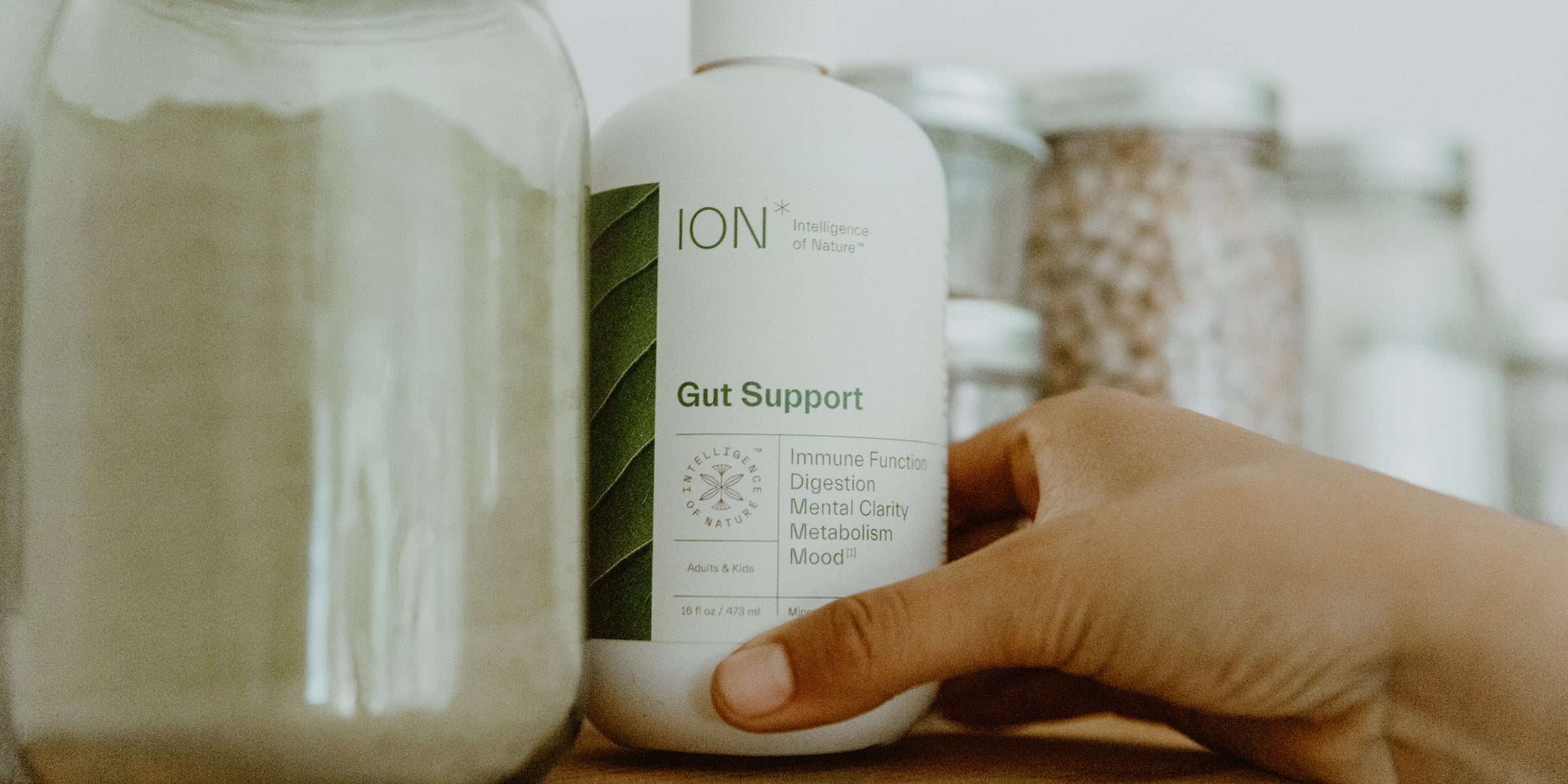
Unlike other wellness solutions on the market, ION* is a liquid wellness supplement that’s scientifically proven to strengthen the tight junctions in your gut at the cellular level, helping your body’s digestive system function at its best (and therefore optimally absorb all the nutrients from gut-friendly foods, while also helping keep the less healthy treats from doing damage).
ION* goes beyond what a probiotic pill can do to naturally help your unique body and microbiome function at its best. And beyond just digestion, that means your immune function and other important functions are all supported, too.
We believe in a nature-first, holistic approach to health, which is why we know diet is so important and eating the right foods is key. But we also know having the perfect gut-healthy diet isn’t realistic for every single meal for every single day. And that’s okay. Because the easiest option to support daily gut health (even your dog's gut health), no matter what you’re having for lunch, is ION* Gut Support.
Try ION* Gut Support today.
